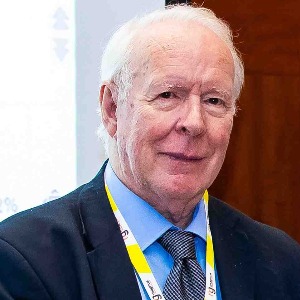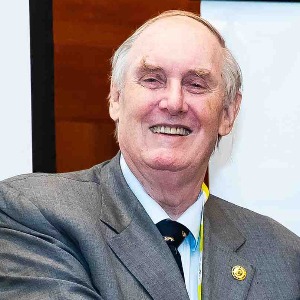Mandibulofacial Dysostosis
Mandibulofacial dysostosis is a congenital disorder characterized by abnormal development of the lower jaw (mandible) and facial bones. This condition, also known as Treacher Collins syndrome or Franceschetti-Zwahlen-Klein syndrome, results in facial deformities, including downward-slanting eyes, underdeveloped cheekbones, and micrognathia (small jaw). Mandibulofacial dysostosis is often associated with hearing loss due to malformation of the ear structures.
Genetic factors play a significant role in the development of mandibulofacial dysostosis, with mutations in specific genes contributing to the disorder. Prenatal genetic testing can help identify the condition early in pregnancy. Individuals with mandibulofacial dysostosis may require multidisciplinary care, involving craniofacial surgeons, geneticists, and audiologists, to address the complex nature of the syndrome.
Treatment for mandibulofacial dysostosis focuses on correcting facial anomalies and managing associated health issues. Surgical interventions, such as reconstructive jaw surgery and ear reconstruction, may be recommended to improve facial appearance and restore hearing. Early intervention, including speech therapy and educational support, is crucial for individuals with mandibulofacial dysostosis to overcome potential challenges and lead fulfilling lives.

David Geoffrey Gillam
Queen Mary University of London, United Kingdom
Christopher Turner
Spacemark Dental, United Kingdom




Title : Evaluating hygienist follow up for head and neck oncology patients in secondary care: Results from a two cycle audit
Peter Basta, Newcastle Dental Hospital, United Kingdom
Title : Atypical facial pain unravelled
Christopher Turner, Spacemark Dental, United Kingdom
Title : New treatment of temporomandibular disorder through muscle balance and muscle regeneration by activation of quiescent muscle stem cells( satellite cells) with mitochondrial dynamics
Ki Ji Lee, National Reserach Foundation & Busan Medical University, Korea, Republic of
Title : MRONJ and ORN: Referral or management in primary care? Navigating guidelines in the context of long waiting lists
Alisha Sagar, NHS England, United Kingdom
Title : Managing the unexpected: An Insight into supernumerary teeth
Bahar Gharooni Dowrani, Guy's and St Thomas' NHS Foundation Trust, United Kingdom
Title : Laxative prescribing for post operative head and neck cancer patients at Derriford Hospital
Pui Sze Kylie Li, Cardiff and Vale University Health Board, United Kingdom